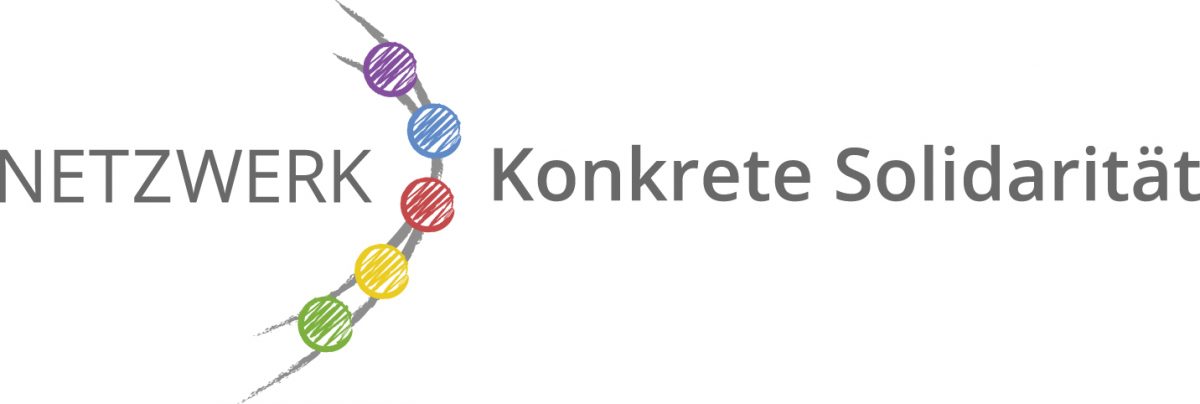More important Verbs with examples – Weitere wichtige Verben mit Beispielen: helfen (dat.) – to help gehören (dat.) – to […]
Lehrer Uli
Kinds of questions Like in other languages, there are questions you can answer with „JA“ or „NEIN“ and others where […]
The question WO? and verbs with situative complement abbrevations used here: sit. – situative complement PREP – PREPOSITION nom. – […]
2nd Refugee Conference Rheinland-Pfalz 2013, on Saturday, September 14th in Mainz Admission: 10am., Conference Start: around 12.00 o’clock DGB-Haus, Kaiserstraße […]
Some temporal adverbs & examples: nie – never Er geht nie ins Kino. – He never goes to the cinema. […]
Answering Positive and Negative Questions If you answer a POSITIVE QUESTION, you answer with JA or NEIN: A. POSITIVE QUESTION […]
Five important verbs & examples nehmen (+acc) (to take) Wir nehmen ein Taxi(n). = We take a taxi Wir nehmen […]
Saying hello / Hallo sagen, informal/formal style Informal Style: Peter: „Hallo Maria, wie geht’s dir?“ Maria: „Mir geht’s gut, danke! […]
INVITATION 2nd Refugee Conference Rheinland-Pfalz 2013, on Saturday, September 14th in Mainz Admission: 10am., Conference Start: around 12.00 o’clock DGB-Haus, […]
Solidaritätserklärung: Solidarität mit den Flüchtlingen in Stuttgart Das Netzwerk Konkrete Solidarität erklärt sich solidarisch mit den protestierenden Flüchtlingen in Stuttgart. […]
Wir suchen Vermieter in der Südwestpfalz, die ihre Wohnungen gerne an Flüchtlinge vermieten würden. Gesucht wird nach Wohnungen und Häusern […]

